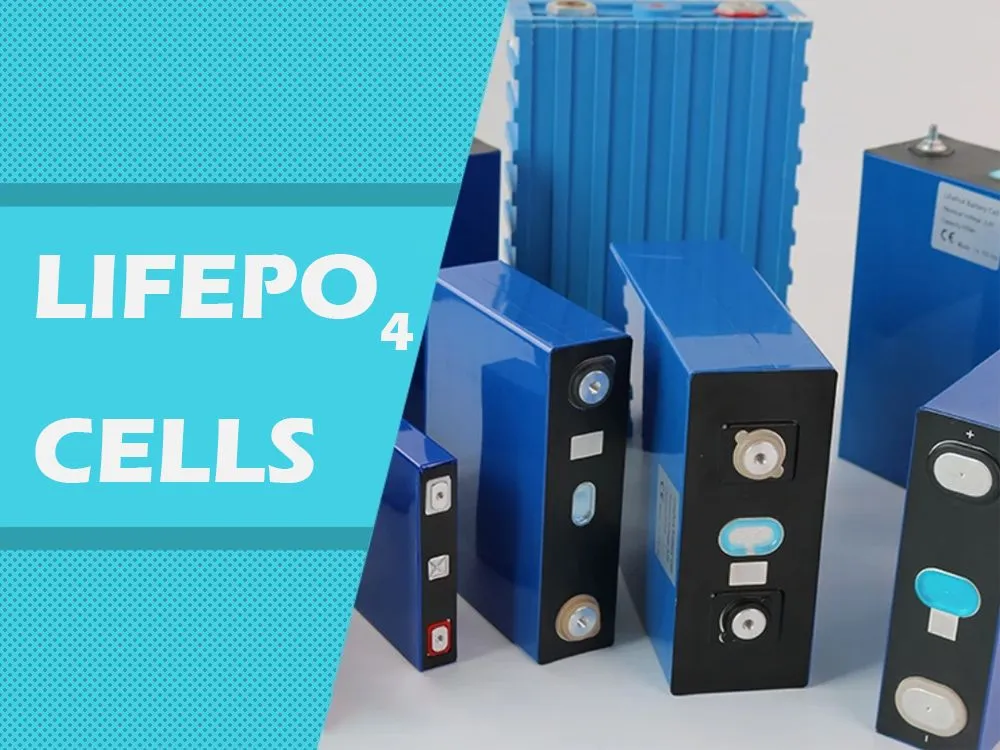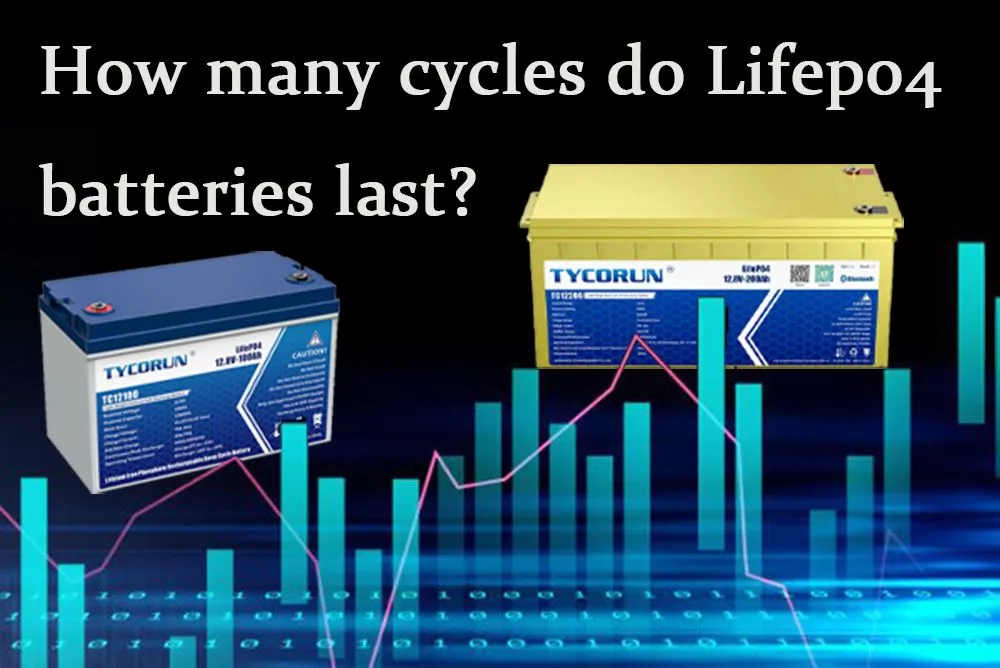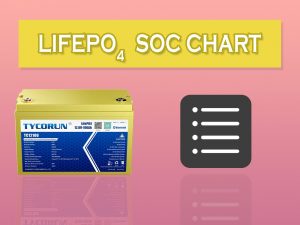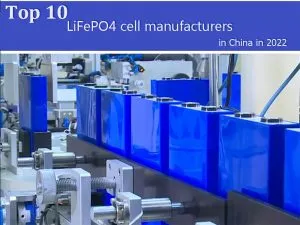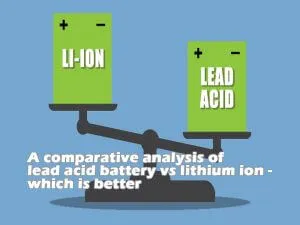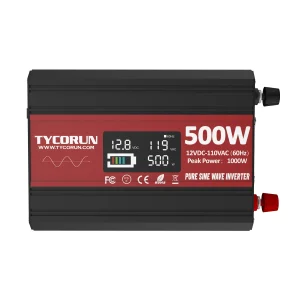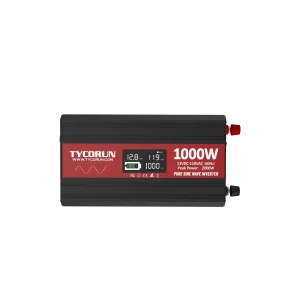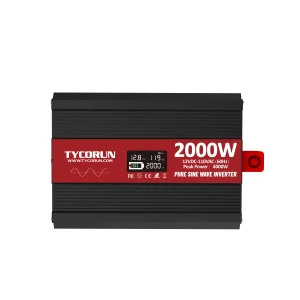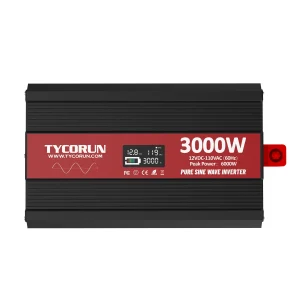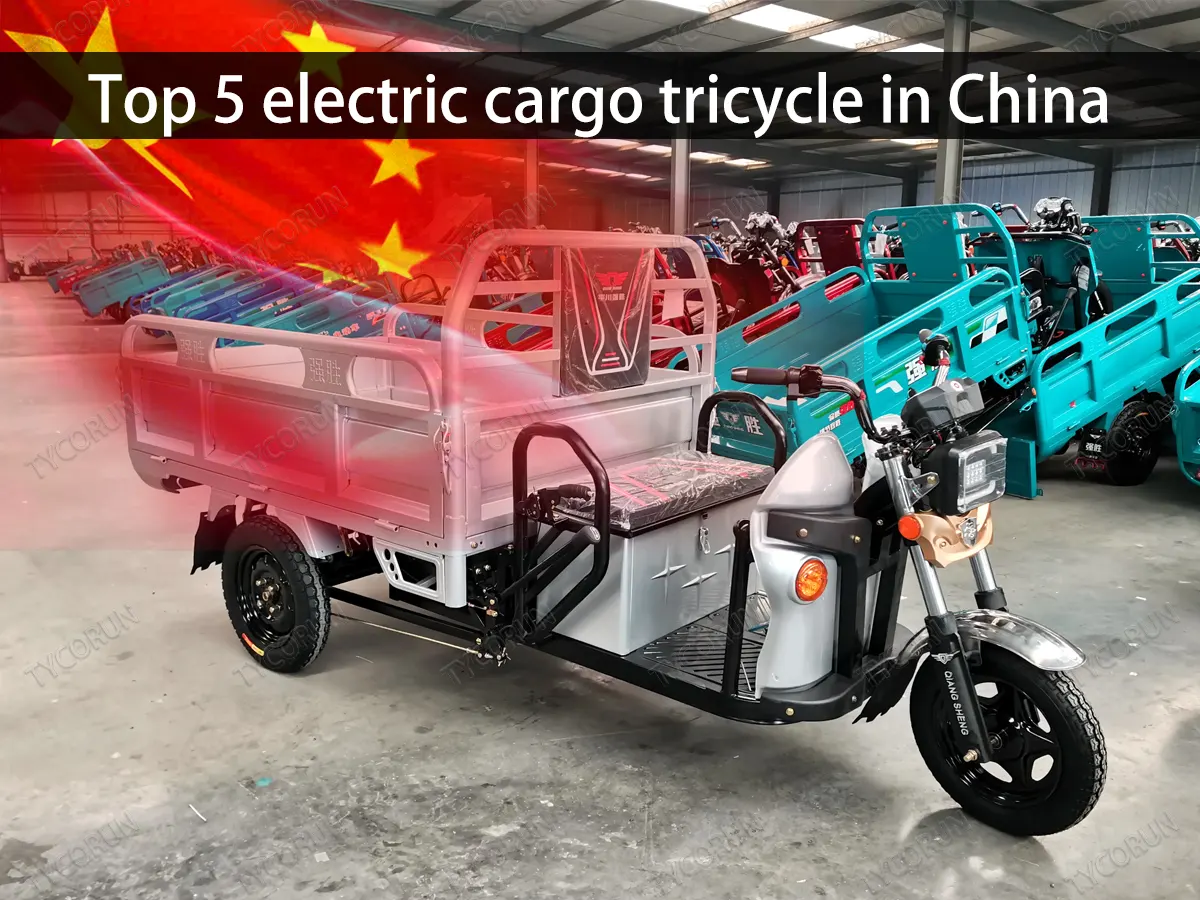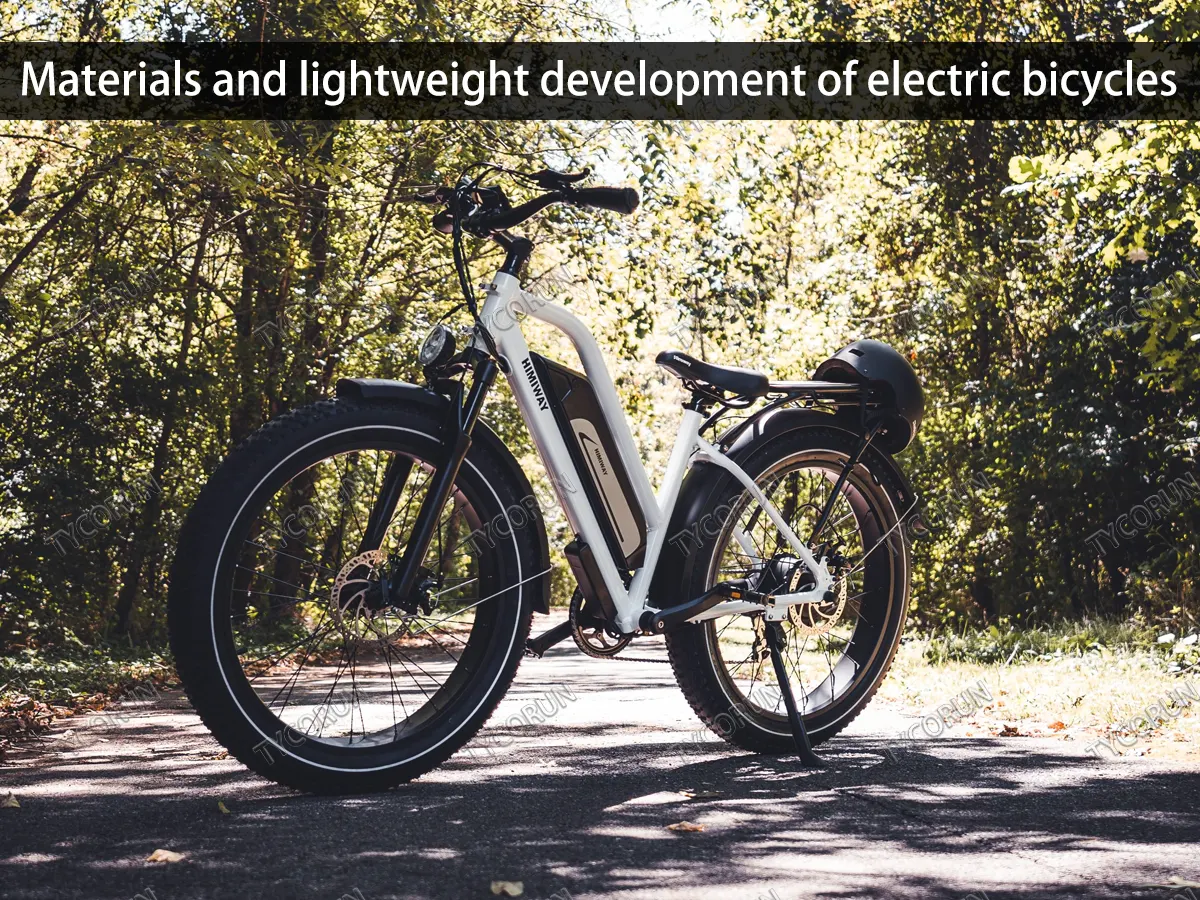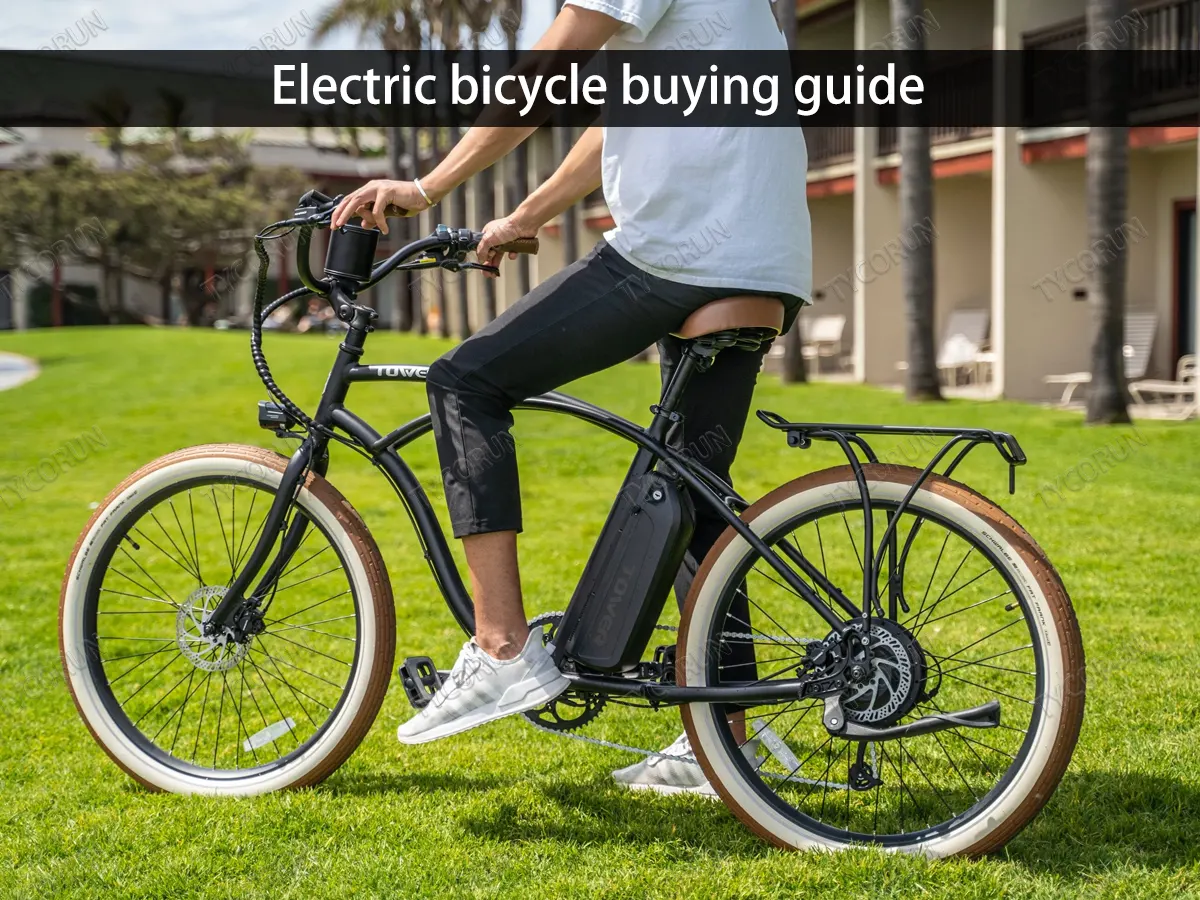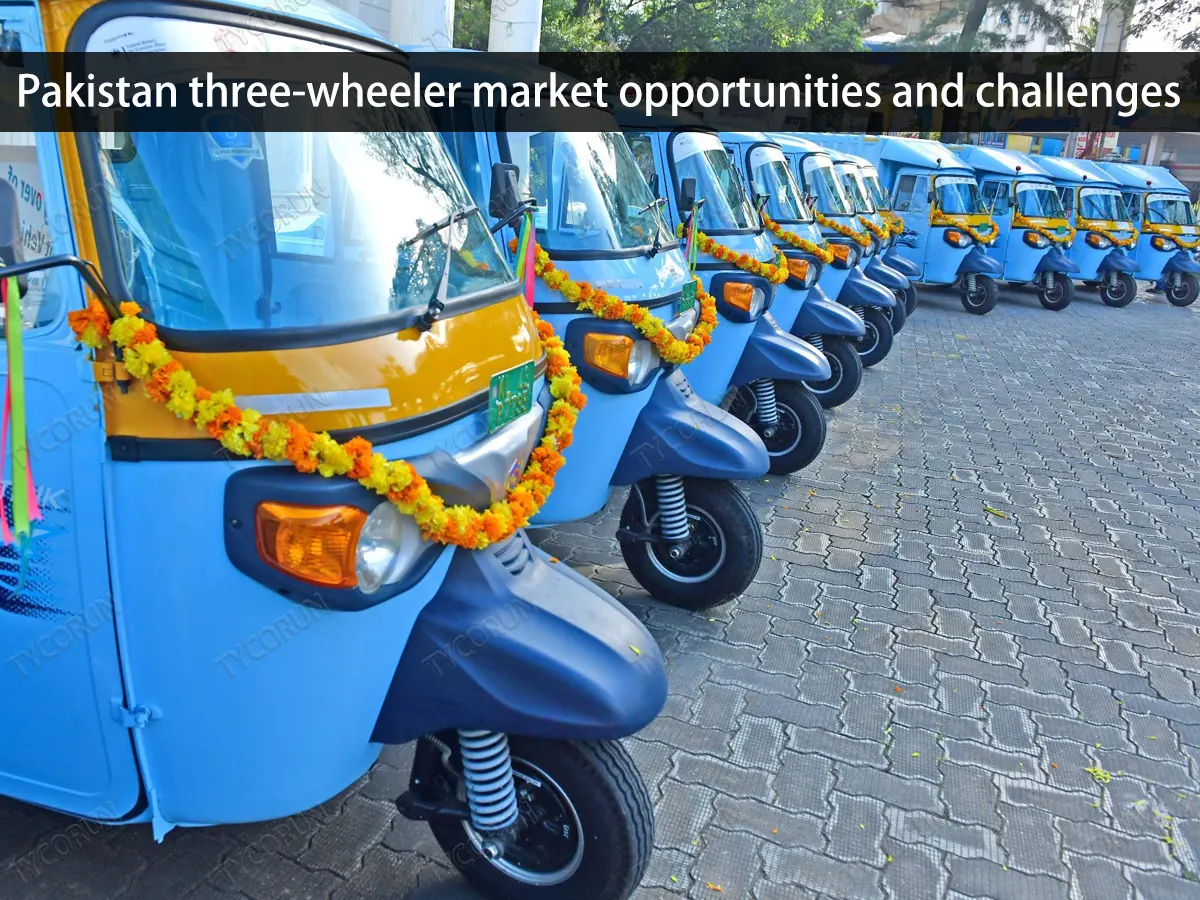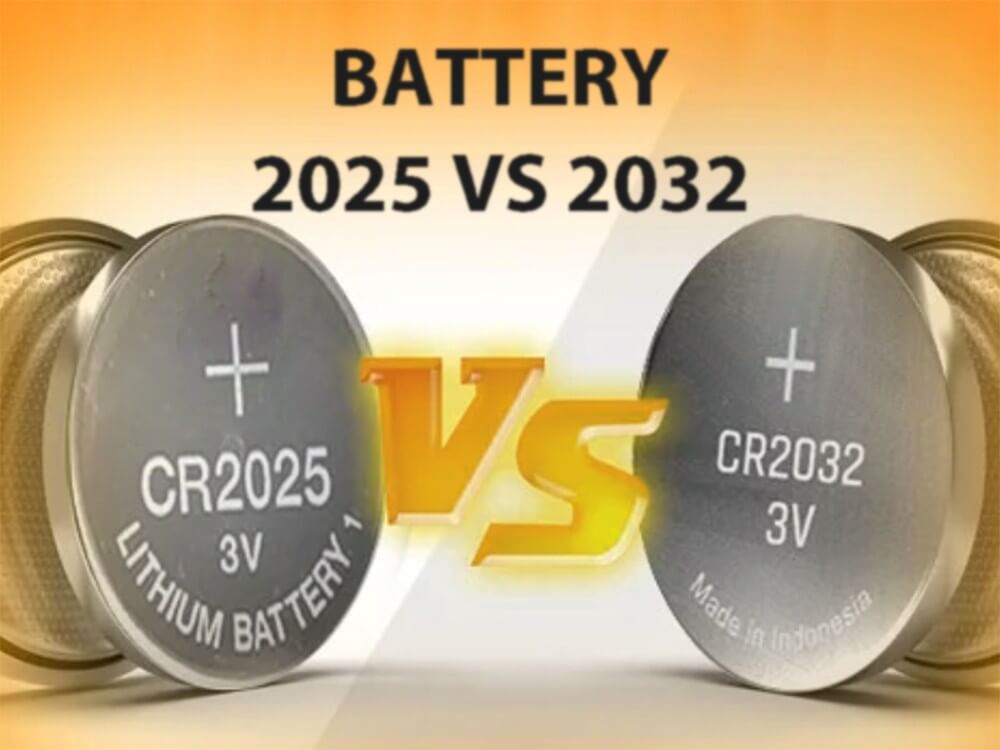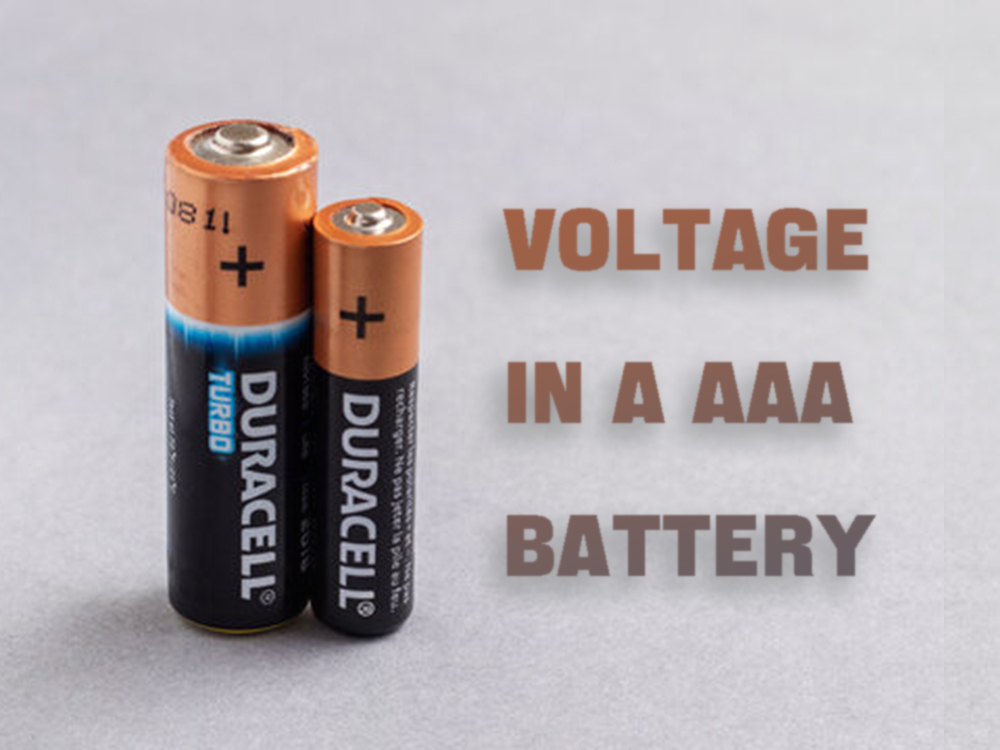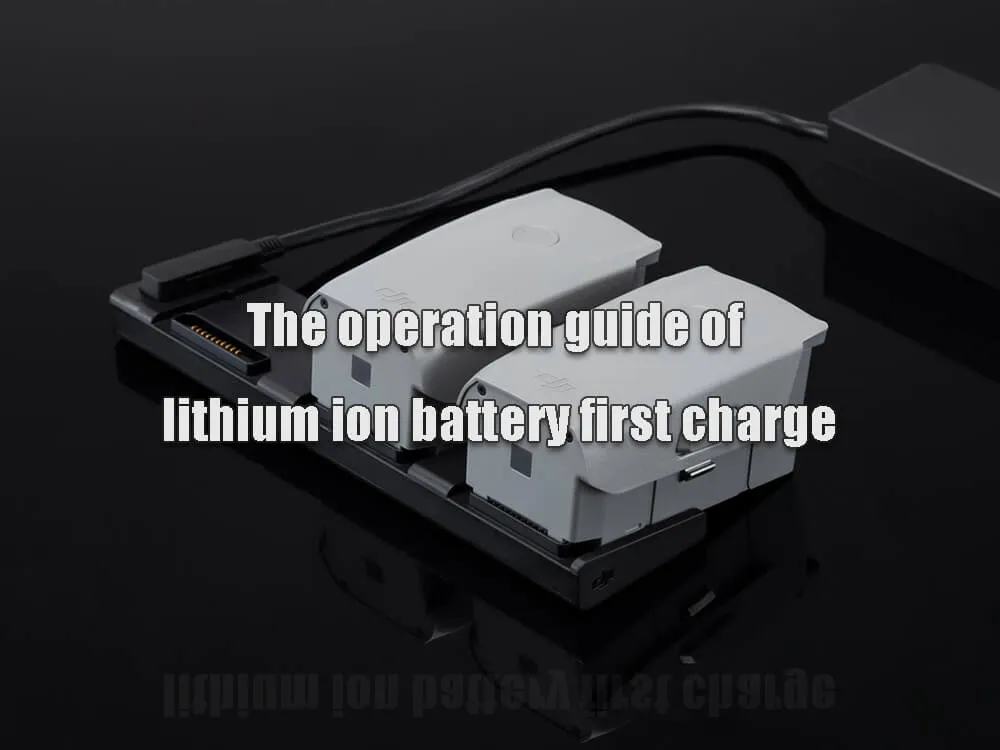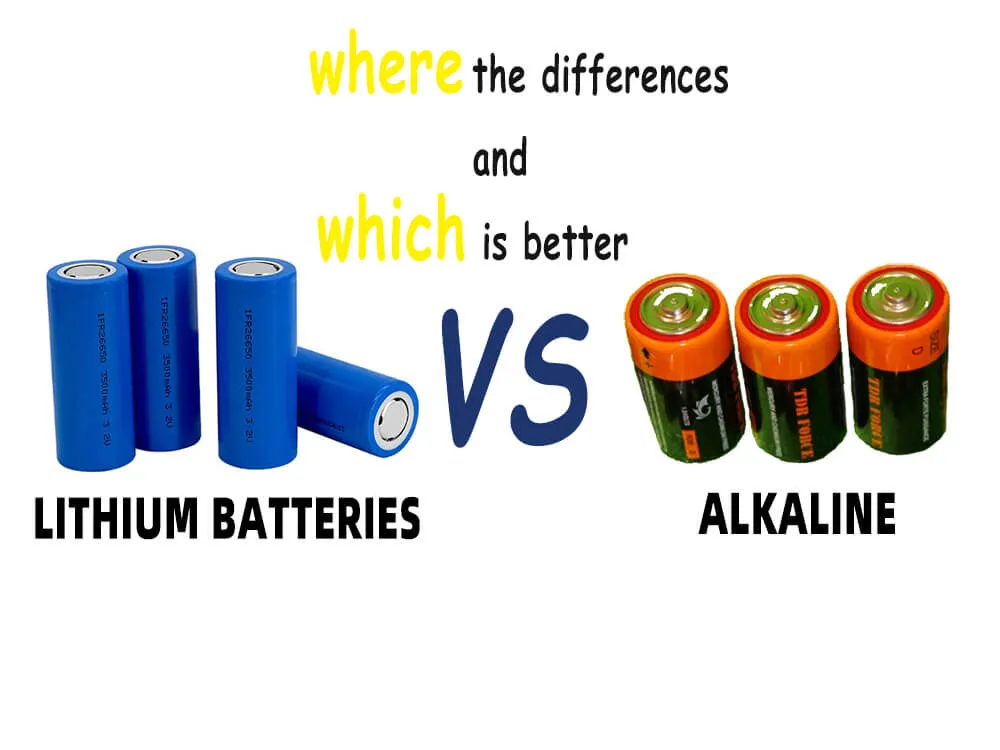Guide of LiFePO4 cells - materials, applications and advantages

In this article, we will be touching on the basics of LiFePO4 cells and how they compare to not just other lithium batteries but other battery types as well.
What is the meaning of LIFePO4
The term LiFePO4 is an abbreviated meaning for “lithium iron phosphate” batteries, also known as LFP battery. These LiFePO4 batteries are a subcategory of lithium batteries but instead of being made with the conventional cobalt-based lithium-ion batteries, LiFePO4 cells are instead made using iron phosphate as cathode material, and the anode material is graphite.
The difference in the chemical makeup and properties of those LiFePO4 batteries comes with improved properties and advantages in terms of energy output, cycle life, weight to size ratio and even the overall shape of the battery. The absence of cobalt in these batteries also makes them environmentally friendly as there is no risk of Cobalt leaking into the environment due to improper disposal of the batteries.
Is LIFePO4 the same as lithium-ion
LiFePO4 cells are a type of lithium-ion battery made using different chemical components from the others. Overall, there are numerous types of lithium-ion batteries some of which include, ternary lithium battery, lithium cobalt oxide battery, lithium manganate battery, and most importantly, Lithium iron phosphate, among others.
The difference in the chemistry of LiFePO4 cells gives them certain advantages over other types of lithium batteries. These cells are much lighter in terms of weight when compared to other battery types. And although LiFePO4 cells are a much more expensive type of lithium battery which is a result of the high cost of the materials used in making them, their long cycle life, excellent performance, and zero need for any maintenance practices make them a cost-effective option. The application scenarios are also wider.
What is the shape of LIFePO4 cells
Batteries come in different shapes and LiFePO4 cells are no different. These battery cells are commonly made in cylindrical or prismatic usually with different measurements which are specific to the application they are to be used for. The cylindrical shape of these cells makes them ideal for several reasons because the shape enables each cell to handle a high level of internal pressure without cell deformation.
More so, cylindrical LiFePO4 cells can withstand a wider range of temperature fluctuations. The square battery is characterized by large capacity and is most suitable as a high voltage battery, just like the high voltage energy storage system of TYCORUN ENERGY.
Application of LIFePO4 cells
Due to their high energy density, LiFePO4 cells can be found used in electric vehicles, UPS, and power tools, also popular as golf cart batteries. More recently they have been used in several energy storage applications some of which include home energy storage systems, portable power stations, solar batteries, and backup power systems as well. This is because the cells have a high capacity for energy storage with a low self-discharge rate and maintenance-free properties as well.
What is the cycle life of LIFePO4 batteries
Due to the high efficiency of Lithium batteries they tend to have a longer lifespan and increased cycle when compared to other battery types. But LiFePO4 cells have a considerably longer lifespan having up to 4000 life cycles making it one of the best and most lasting battery types in commercial use. Each charge-discharge cycle is efficient and optimal, in stark contrast to other types of batteries, such as lead-acid, which has a reduced cycle performance as time goes on, because its memory effect.
Click on the image to find out more lithium battery replacement lead acid products
How many LIFePO4 cells does a 12v lithium battery have
Each battery pack is made up of several individual cells arranged in series or parallel to make up a certain voltage level. Each cell has a nominal voltage which is the lowest voltage each cell can contain and for LiFePO4 cells, this nominal voltage is about 3.2V. In essence, in order to have a 12V battery, you would typically need about 4 individual cells which would make up to a 12.8V LiFePO4 battery. The best odm lithium ion battery pack manufacturer needs to ensure that the cell pressure difference is less than 3v when combined into a pack.
Why are LIFePO4 better than lead-acid batteries
LiFePO4 cells have several obvious advantages over Lead-acid batteries some of which include;
Energy: LiFePO4 batteries have a high energy density and can maintain these energy levels for as long as the battery is active. This makes them more energy efficient than other batteries such as Lead-acid.
Safety: LiFePO4 cells are made using environmentally friendly materials which makes them ideal to be used without fear of toxic fumes or spillage happening. Lead-acid batteries, on the other hand, need to be handled carefully due to the active acid components which are not only harmful to the environment if disposed of improperly but may release toxic gases and spill as well.
Temperature: LiFePO4 cells are made to better handle temperature fluctuations and do not overheat when used properly. In contrast, Lead-acid batteries are known to overheat when used for a long period and have been known to be fire hazards when handled improperly. Lithium iron phosphate batteries are relatively heat-resistant.
Weight: LiFePO4 cells are made with extremely light materials which reduce their weight to size-ratio which is important in the wide range of applications it is used for. Lead-acid batteries are generally heavy and may not be suitable to be used for as many applications as LiFePO4 batteries.
Cycle life: LiFePO4 cells have a much higher cycle life compared to lead-acid batteries reaching as high as 4000 cycles under normal usage conditions.
What size battery do i need to run a 5000w inverter
Ideally, when considering a 5000w inverter, first of all, it is necessary to consider that the power of the battery needs to be greater than the power of the inverter. For example, a 51.2v 100ah LiFePO4 battery pack can match a 5000w inverter.

